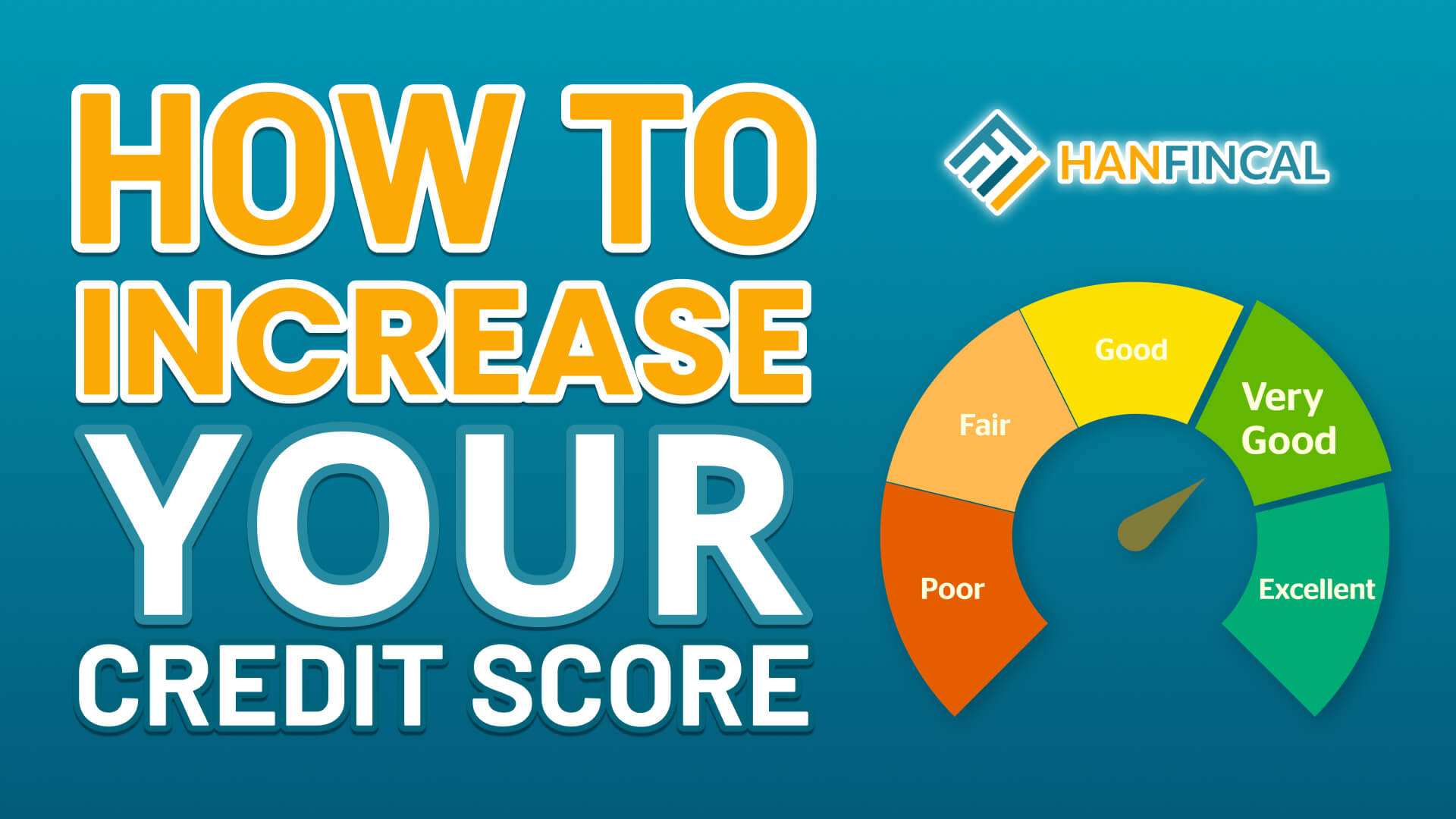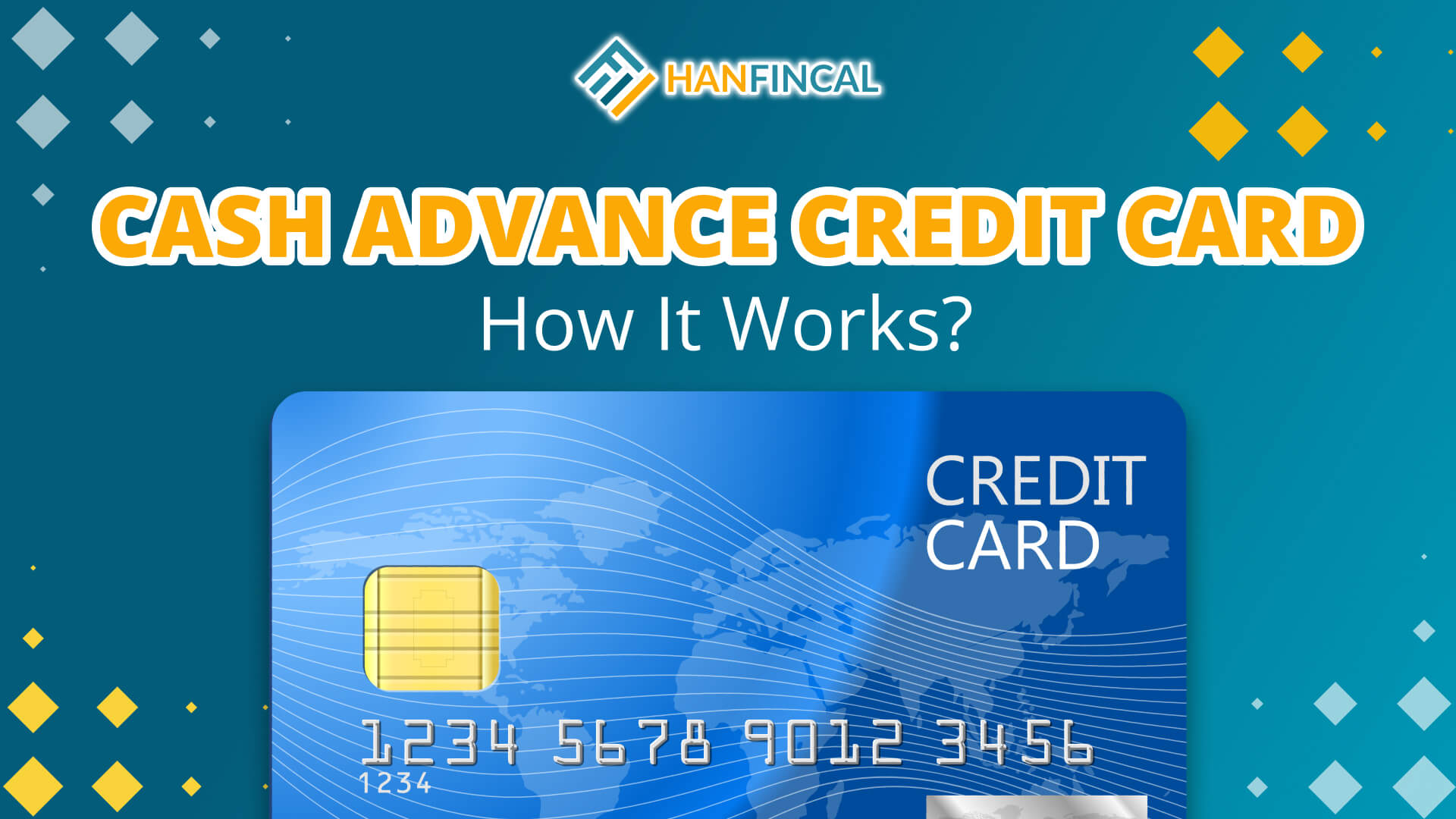Can I apply for an unemployed credit card? You certainly can. A job is not required for credit card approval, but you must have enough monthly income to cover your request for a credit limit. Numerous credit card options are available for unemployed people during this difficult time. Hanfincal provides you with the requirements and credit card options that facilitate applying for one.
1. How to qualify for a credit card?
Each bank or credit card issuer will have its requirements for credit card applications. In general, banks’ general requirements for this are as follows:
- Legal age to apply for a credit card: The legal age to apply for a credit card on your own is 18 years old. However, to be approved for a credit card, you must have a steady source of income.
- Have your own income: Having a consistent source of income allows you to pay for your credit card purchases. You must not only have your source of income, but your monthly income must also be sufficient to cover the credit limit you are requesting.
- Have a positive credit history: Good credit history will help you get a credit card. The higher your credit score you have, the more you will be approved.
If you want to improve your credit score online, this offer can help you:
- Don’t have a lot of debt: You may be denied if your credit utilization is too high. Aim to keep your credit card debt to less than 30% of your credit limit.
2. How to get a credit card without a job?
While many banks and credit card issuers do not require you to be employed when applying for a credit card, they will look at your ability to pay before issuing you a card. Here is what you need to do to boost your credit trustworthiness and get your credit card approved quickly.

How to get a credit card without a job?
2.1. Check your credit history
Make sure that your credit reports are entirely accurate; even a minor error can jeopardize your reputation in the eyes of issuers. Check your credit reports from the 3 major credit bureaus to ensure accuracy before applying for a card. Errors must be reported separately to each credit bureau and business that supplied incorrect information.
2.2. Debt-to-income ratio (DTI)
DTI is the monthly percentage of your gross income toward debt payments. Your DTI, along with your credit score, assists issuers in determining your credit risk. If your DTI is high, it indicates that you are devoting an excessive amount of your income to debt servicing. This puts you at a significant drawback when applying for a new credit card, especially if you are currently unemployed.
A low DTI – 35% or less indicates to a creditor that you do not spend a large portion of your income on debt repayment. If your DTI is too high, you may be denied a credit card whether you have a job or not. Therefore, before applying for a new credit card, keep your DTI up to 35% per month and look for ways to keep it as low as possible.
3. Best credit cards for unemployed people
Here are the best credit cards for unemployed people:
- Bank of America Unlimited Cash Rewards: This is the best option for students, as it offers 1.5% cashback on all purchases and has no annual fee. Those with poor credit can take advantage of this option.
- OpenSky Secured Visa Credit Card: The minimum deposit is $200. The annual fee is $35. This is the best credit card that does not require a credit check.
- Capital One Quicksilver Secured: If you don’t have a job and have bad credit, this is the option for you. This credit card offers 1.5% cashback on all purchases, requires a $200 minimum deposit, and has no annual fee.
- Citi Double Cash Card: This card is best for people with good or excellent credit because it offers 2% cashback on all purchases – half when you make purchases and the other half when you pay for them.
- Capital One QuicksilverOne Cash Rewards Credit Card: This card is best for people with fair to poor credit. This credit card offers unlimited 1.5% cash back on all purchases and charges a $39 annual fee.

Best credit cards for unemployed people
4. Credit card options if you can’t apply for your own
If you do not meet any of the requirements to apply for your own credit card, or if the issuers refuse you for any reason, use credit from your loved ones or your friends. Making yourself an authorized user on someone else’s credit card account can help you build your credit while gaining access to a line of credit.
As a role of an authorized user, you will have access to a credit card through the account’s primary cardholder.
While you are not legally required to pay any credit card balances, you will most likely have an agreement with the primary cardholder regarding how payments must be made. Moreover, you will not be legally obligated to pay, but missed payments may hurt your credit score.
4.2. Get a co-signer
You could ask your friend or family member who has a good credit score and a steady income to act as a co-signer for you.
A co-signer is someone who uses their own creditworthiness to assist you in obtaining a credit card. You will still be the primary cardholder and responsible for all card payments in this option. Moreover, if you cannot pay, the co-signer will be asked to do so. If this is an option you are considering, make sure you have a clear agreement with your co-signer ahead of time.
4.3. Secured credit cards
Secured will always be more appreciated than unsecured. Credit cards are no different. On the other hand, secured credit cards may be easier to obtain than unsecured credit cards because they require a deposit, which serves as your credit limit. So why don’t you secure your credit card?
Your credit score and income may be less critical than they are for most cards; instead, your ability to guarantee the required deposit is vital. If you decide to go this route, look for a card with low fees and carefully read the terms. You should also make sure that your payments are reported to credit bureaus so that you can continue to build good credit. Credit bureaus are the place to write all of your credit activity, so notify them of any changes.
4.4. Joint accounts
One more option is using a joint account. This means that you can open a credit card account with someone, such as your spouse. However, income is taken into account jointly. A joint account requires both potential cardholders to apply and have their credit checked.
5. How to use your unemployed credit card wisely?
- Set a charging limit and rework your budget. If you rely on benefits such as unemployment insurance, that limit number may be much lower than you are accustomed to.
- Prepare for the rate increase by paying the minimum due on a 0% APR card (Annual Percentage Rate). Paying late or less than the minimum will result in the loss of the 0% APR, and you should aim to pay off the balance before the interest rate rises.
- Enroll in automatic payments. Having your credit card bill paid automatically means you’ll never miss a payment.
While you do not have a job, an unemployed credit card can be a lifeline to your financial well-being. It is, however, a burden if you do not have a source of monthly income. Consider signing up if you meet the requirements of the issuers. Follow Hanfincal for other financial assistance opportunities such as Section 8 housing, food stamps, and so on.
==> Read More:




